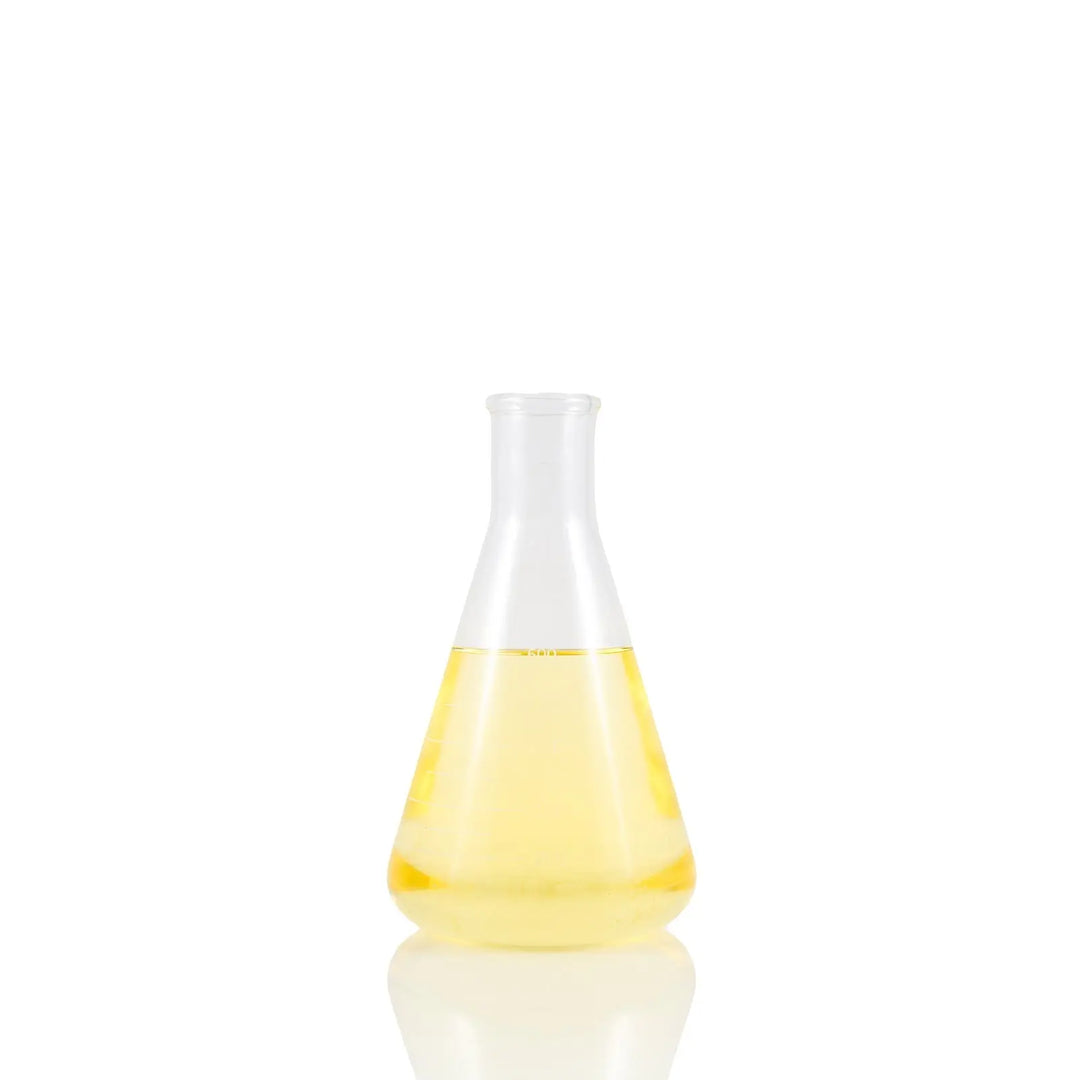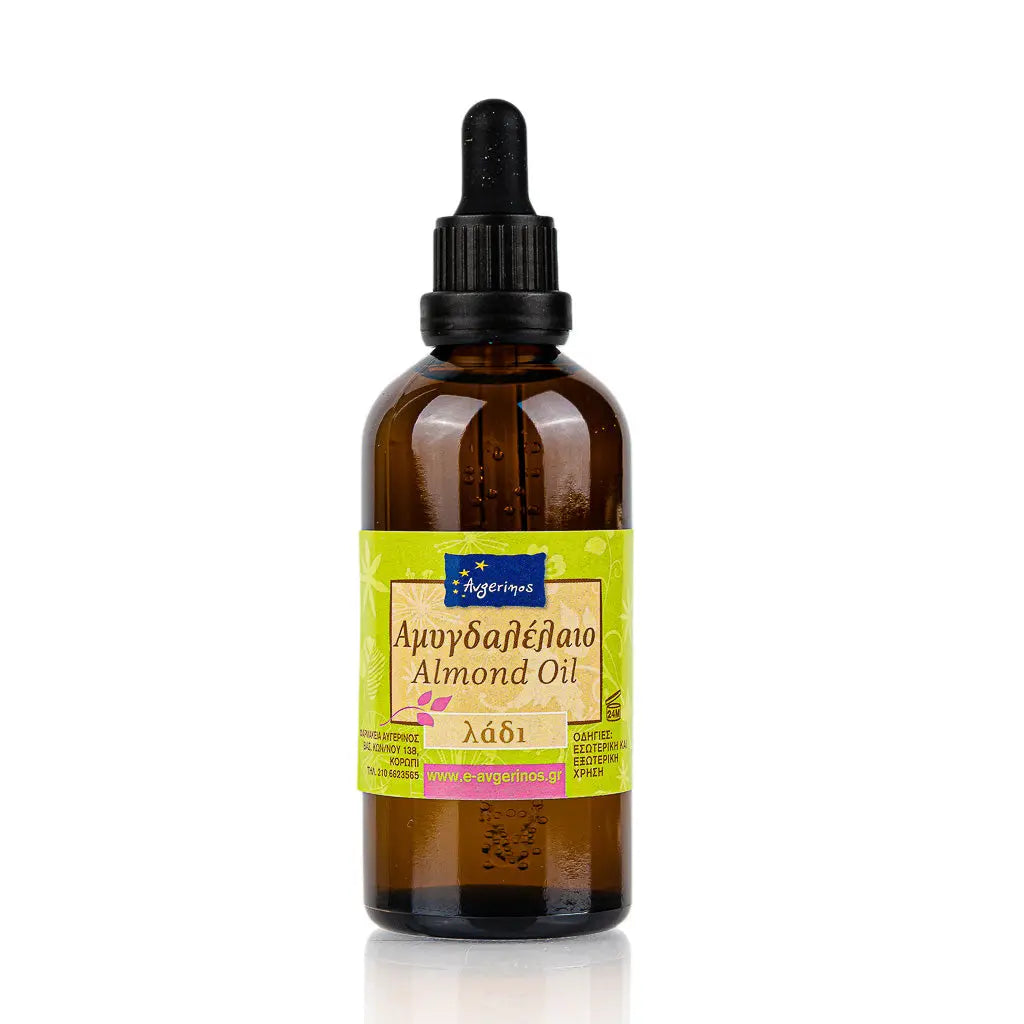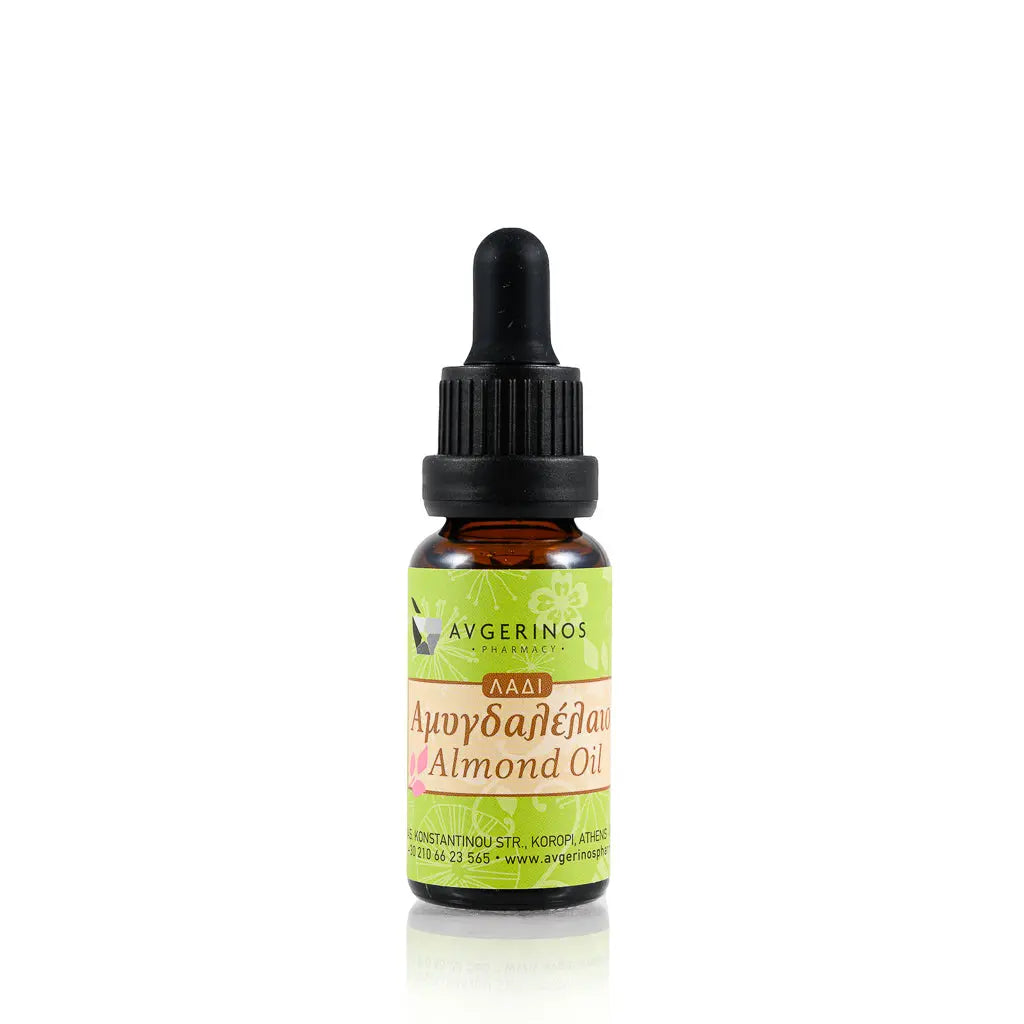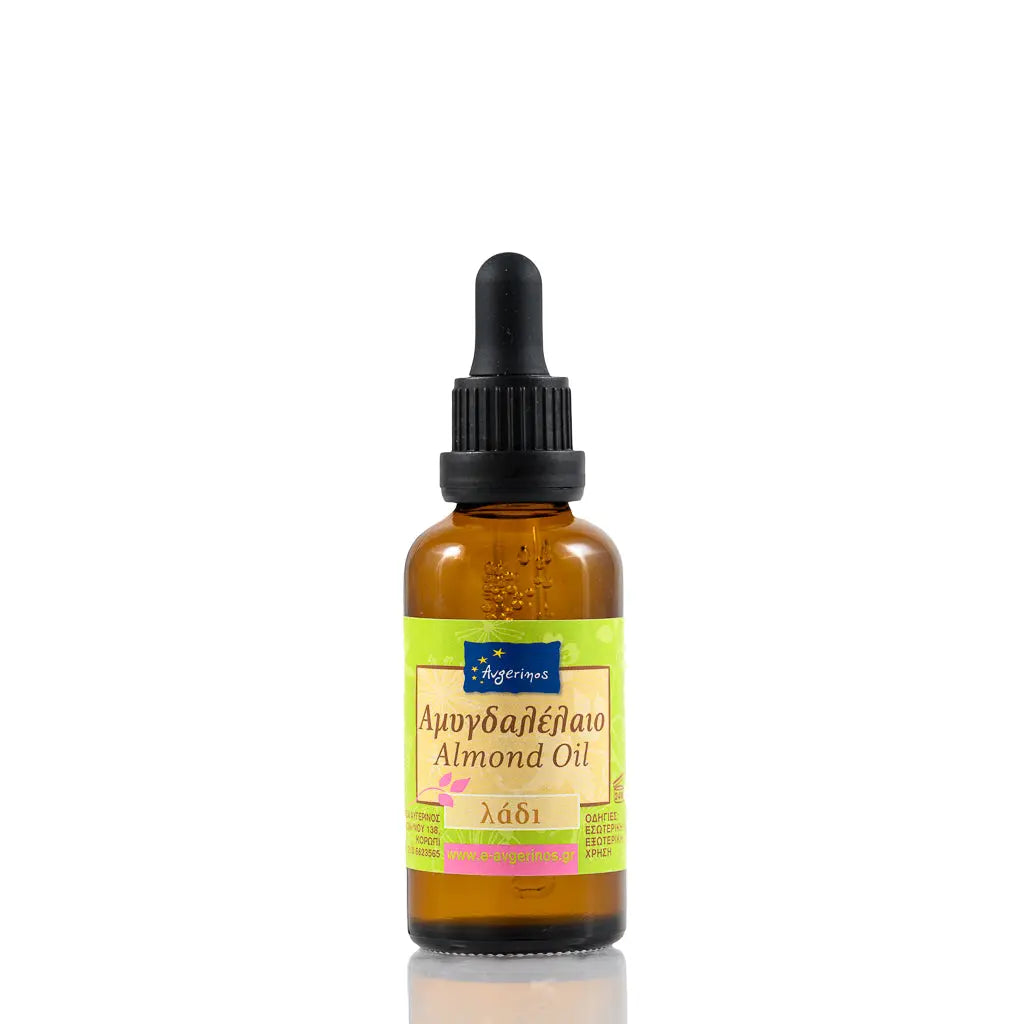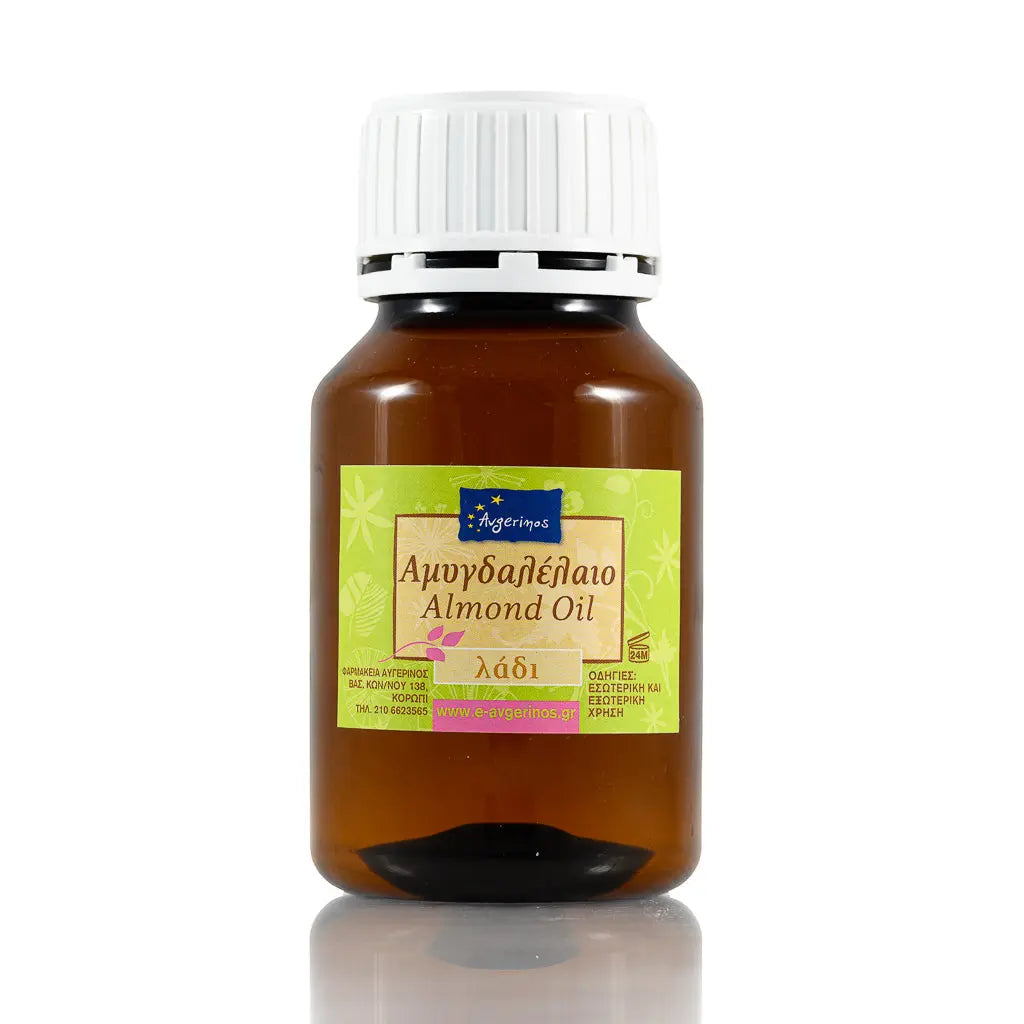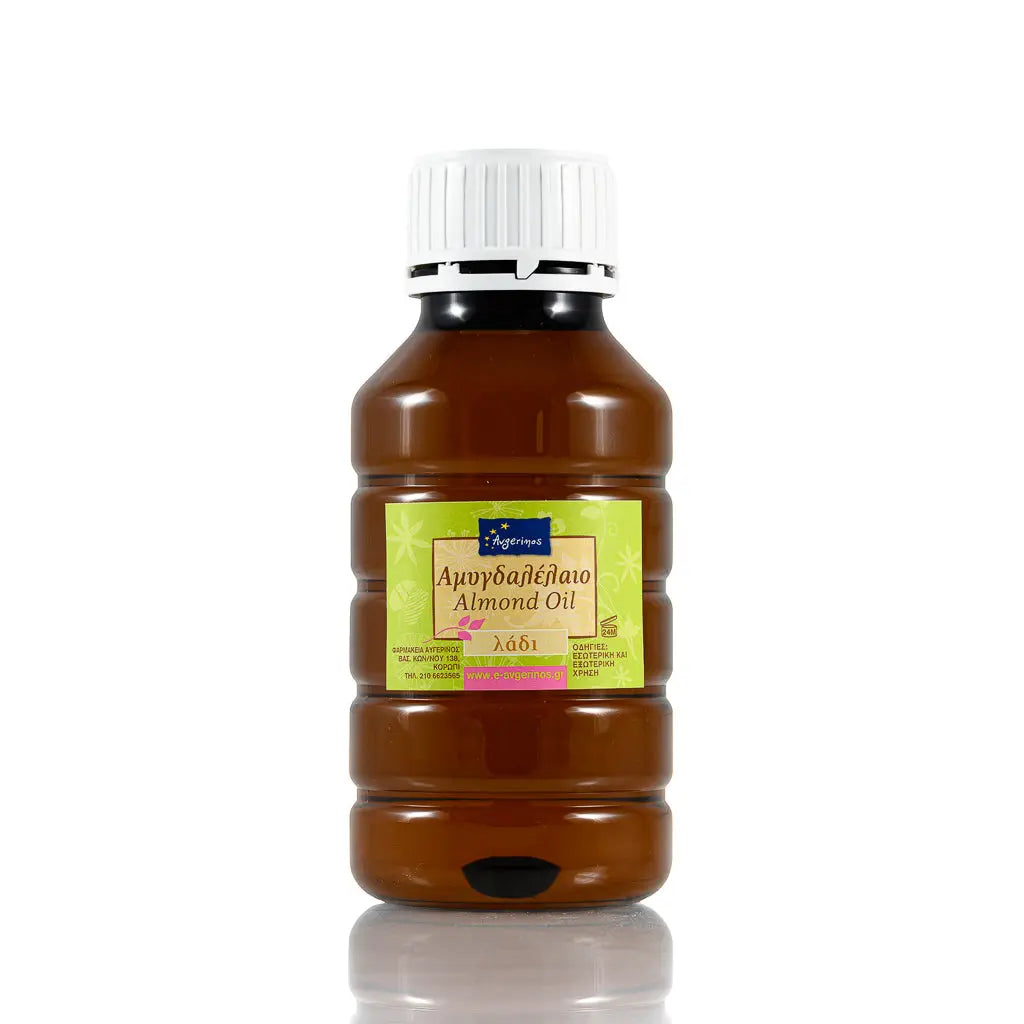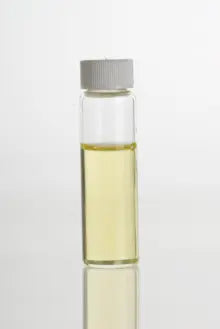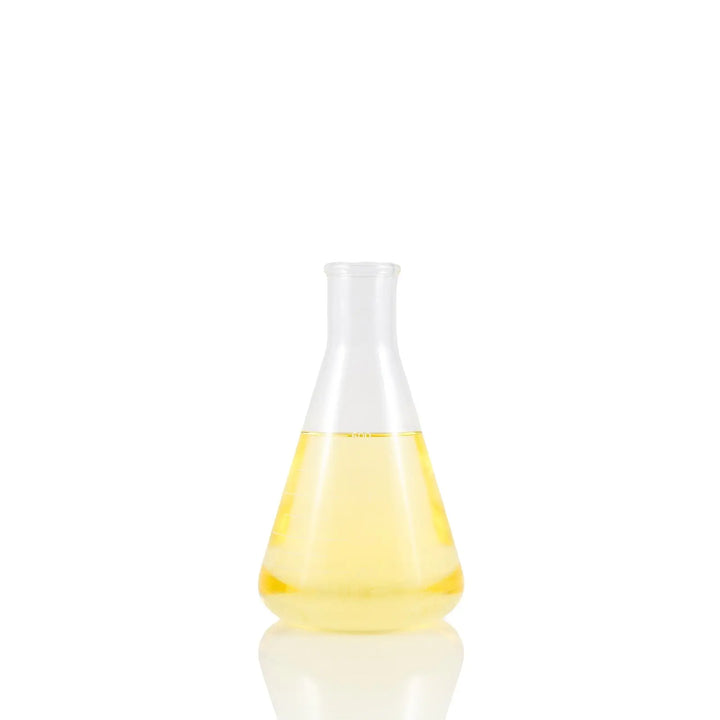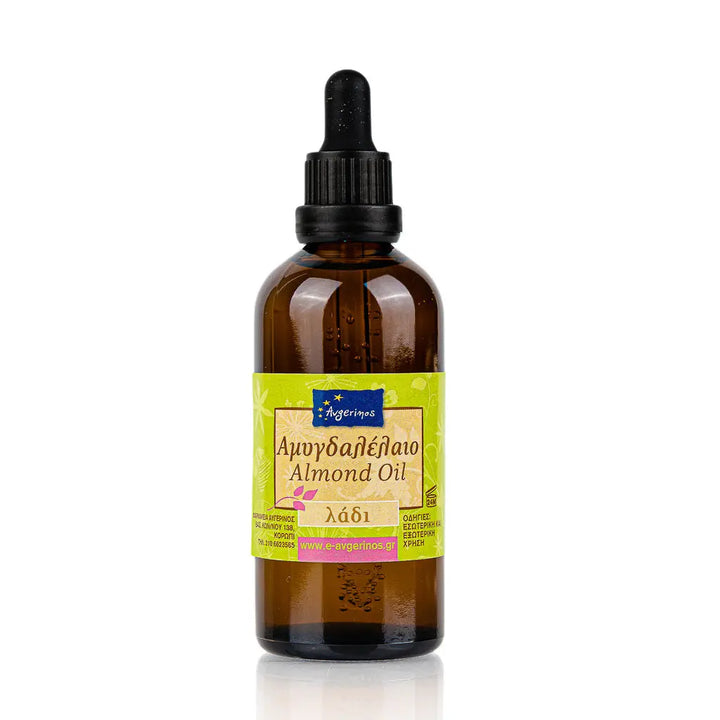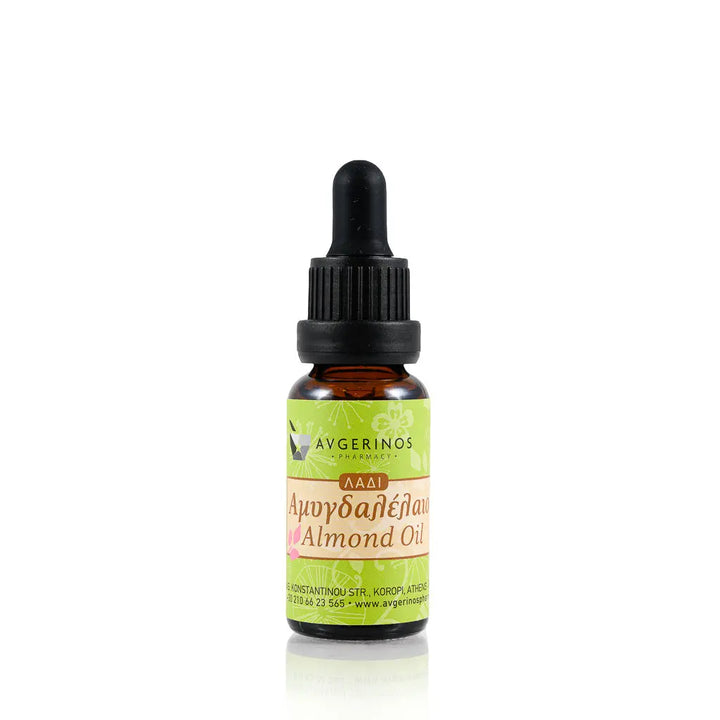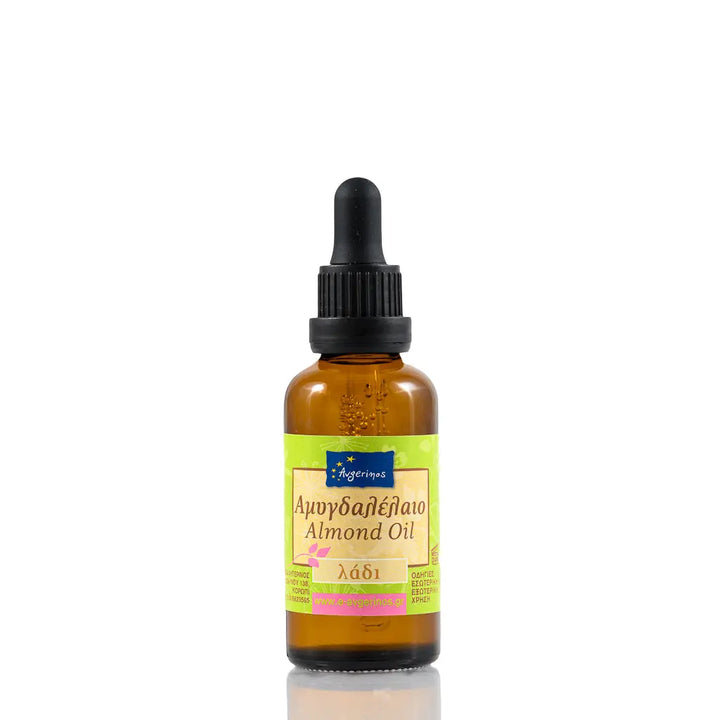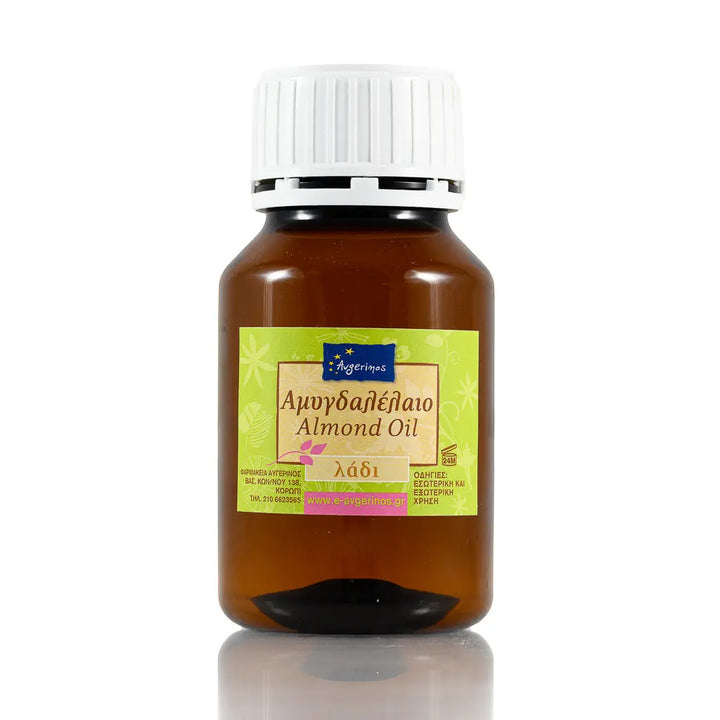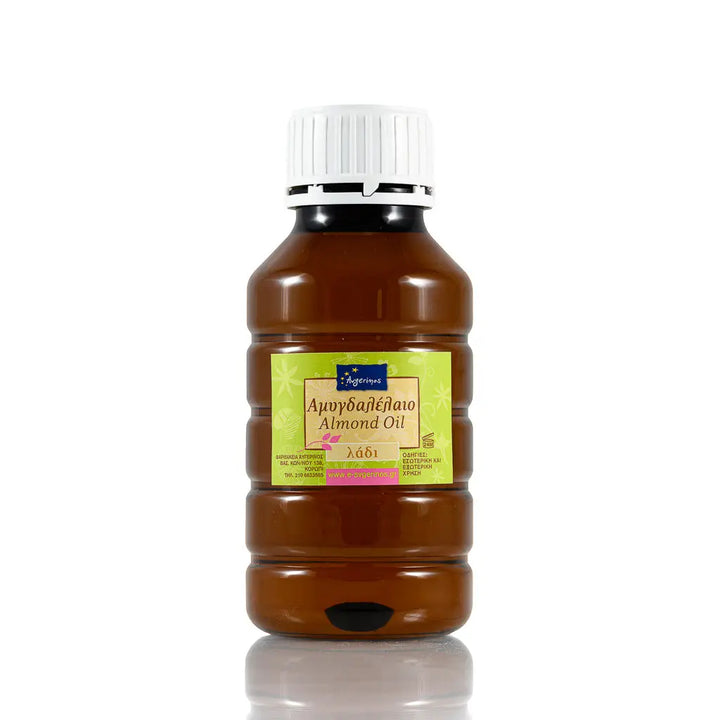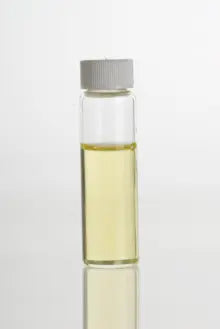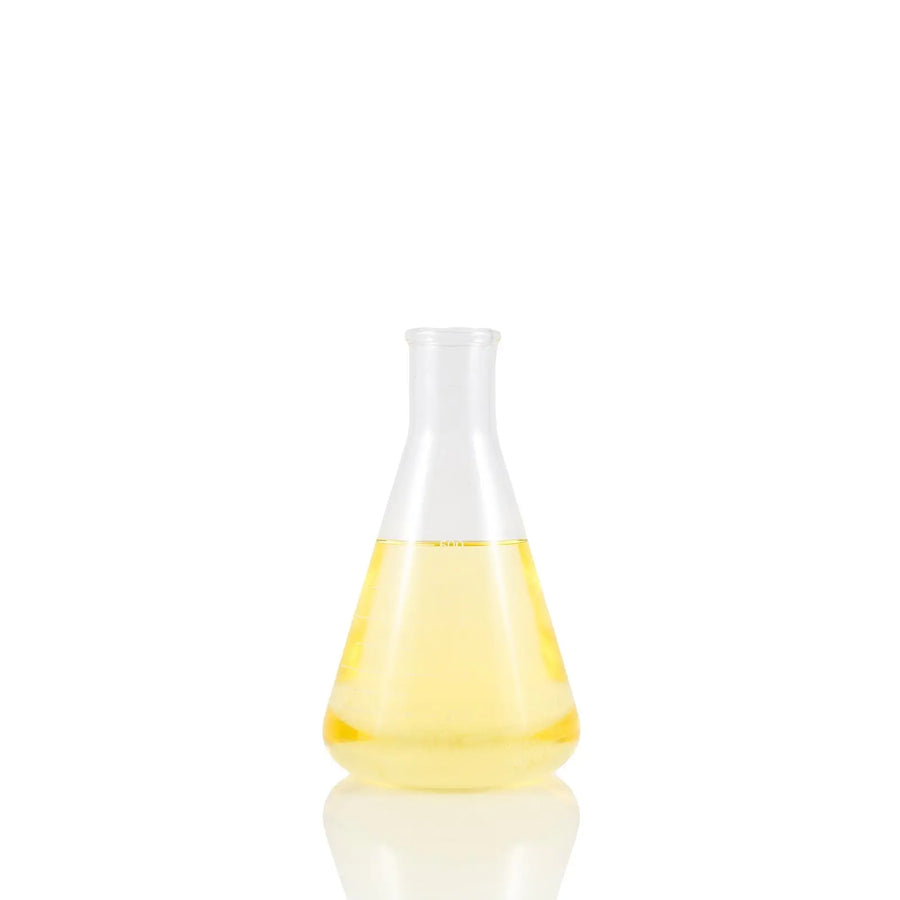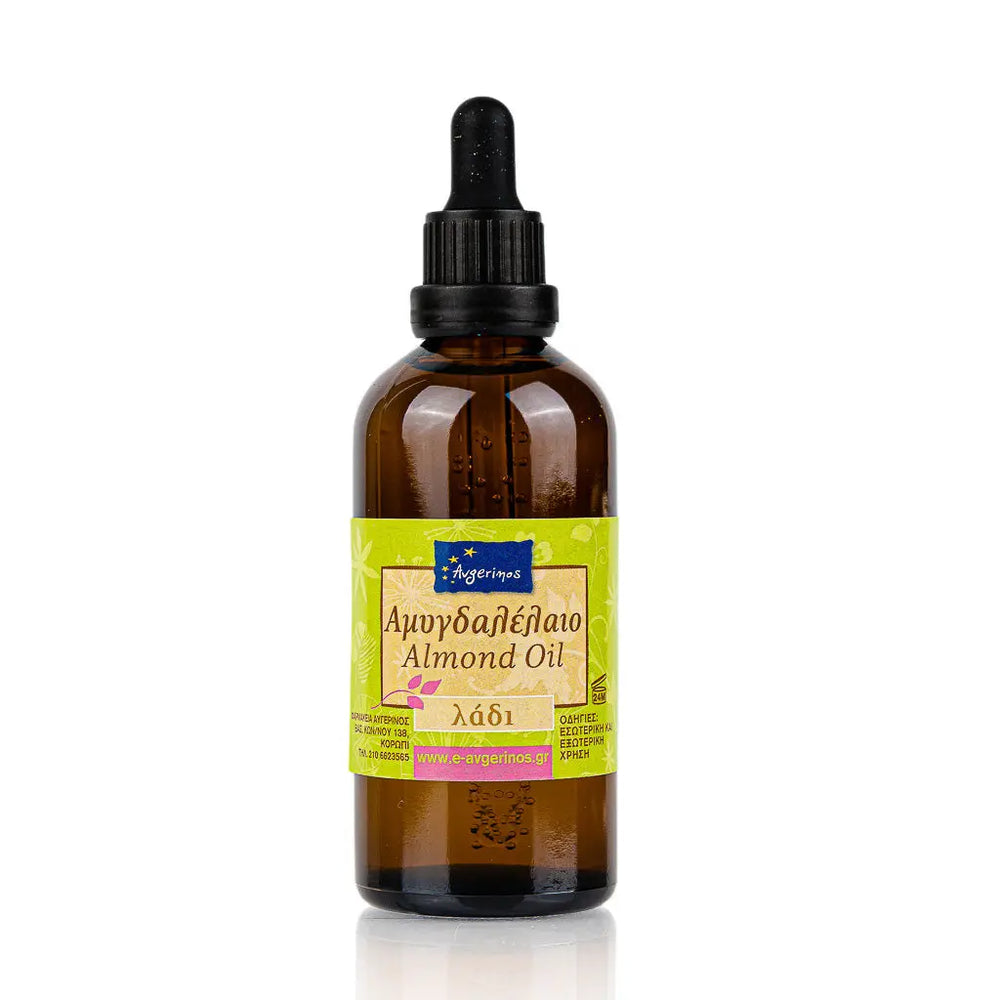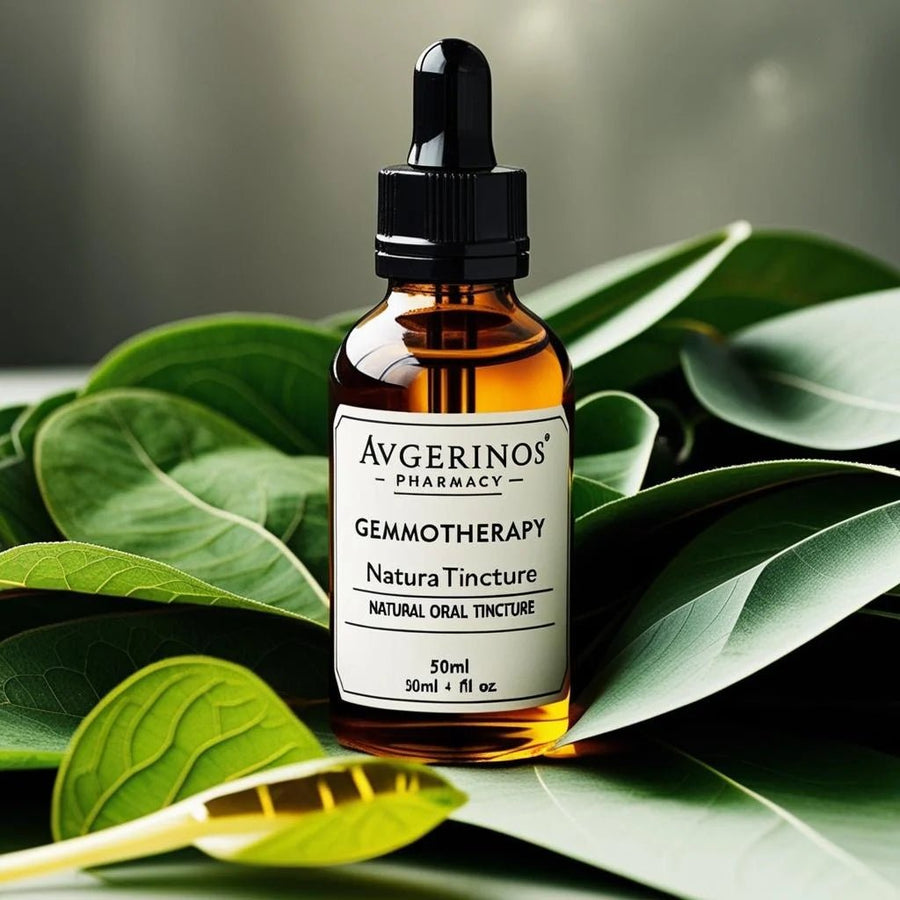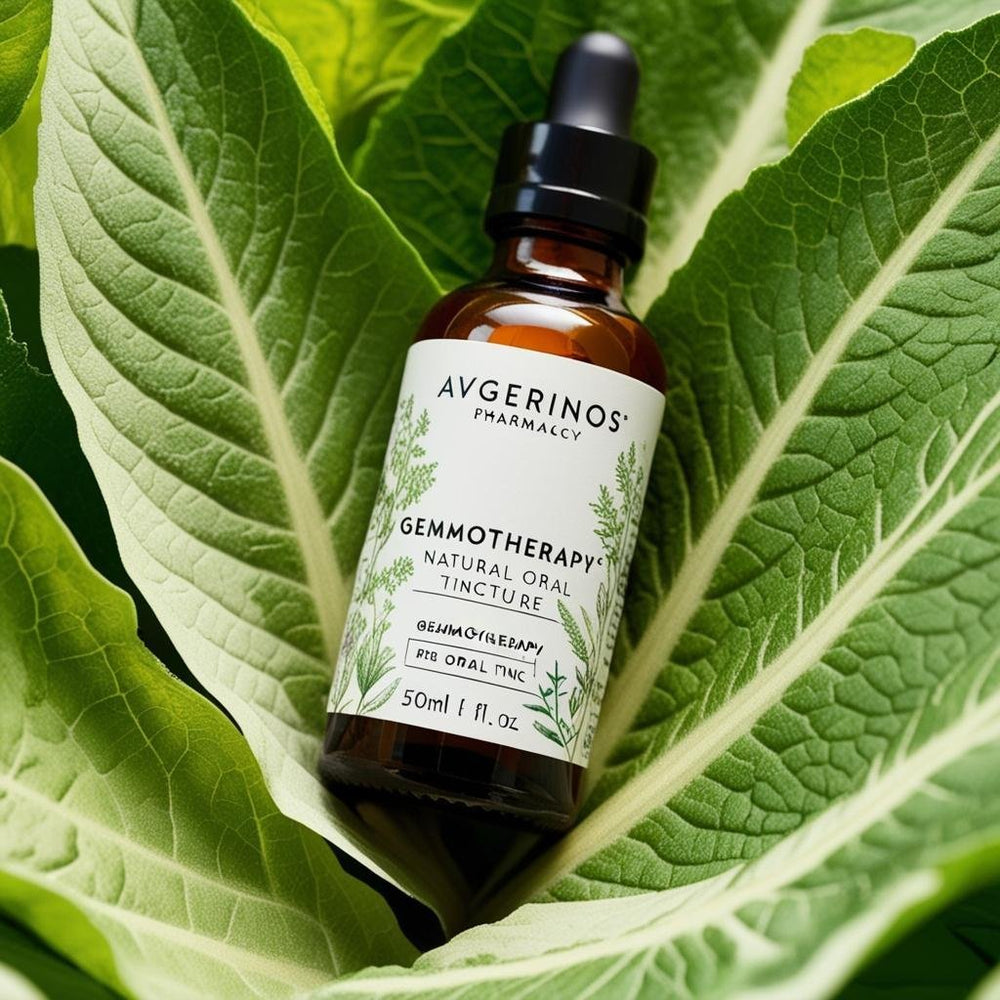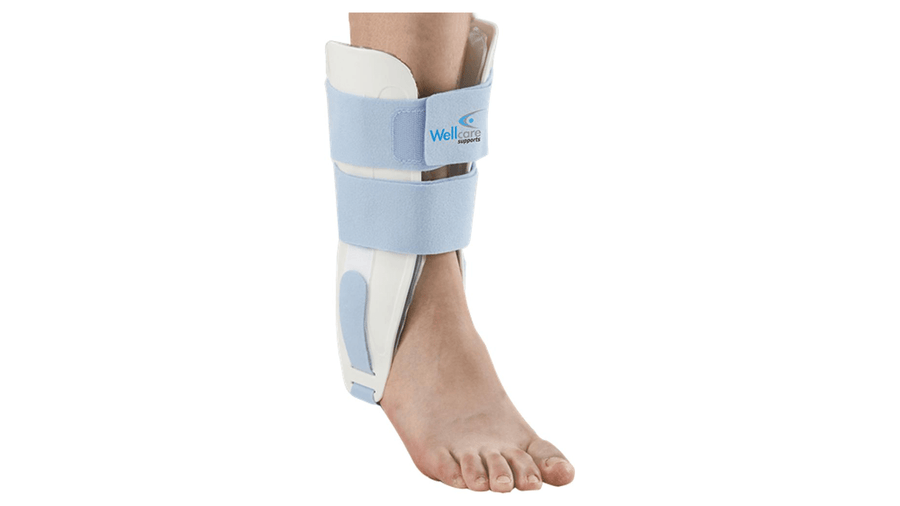Prunus dulcis, commonly known as the almond tree, is a deciduous tree in the Rosaceae family, cultivated primarily for its edible seeds, the almonds. It is native to the Middle East and South Asia, and is now widely cultivated in many parts of the world, including the Mediterranean and California. The almond is one of the most nutritious nuts, rich in vitamins, minerals, and healthy fats.
Botanical description:
- Family: Rosaceae
- Genus: Prunus
- Species: Prunus dulcis
- Height: The almond tree can reach 4-10 meters in height.
- Leaves: The leaves are long, thin and serrated at the edges.
- Flowers: Almond flowers are white or pink and appear in early spring before the leaves.
- Fruit: The fruit is oval, with a hard shell that contains the seed (the almond), which can be sweet or bitter, depending on the variety.
Chemical composition:
Almonds are highly nutritious, providing a wide range of bioactive compounds:
- Monounsaturated fatty acids: Most of the fat in almonds is healthy fat, mainly oleic acid, which promotes cardiovascular health.
- Fiber: High fiber content that helps with digestive health.
- Proteins: Almonds are rich in plant-based proteins.
- Vitamins: Excellent source of vitamin E, which acts as a powerful antioxidant, protecting cells from oxidation.
- Minerals: High content of magnesium, calcium, phosphorus, potassium and zinc.
- Antioxidants: Rich in flavonoids and polyphenols, with antioxidant and anti-inflammatory properties.
Properties:
1. Cardioprotective effect: Monounsaturated fats and vitamin E help reduce "bad" LDL cholesterol and increase "good" HDL cholesterol, improving cardiovascular health.
2. Antioxidant effect: Vitamin E and flavonoids in almonds protect cells from oxidative stress and free radicals, promoting skin health and preventing chronic diseases.
3. Support for the digestive system: Fiber contributes to good bowel function and blood sugar regulation.
4. Support bone health: Magnesium and calcium enhance bone health, while phosphorus contributes to cell growth and repair.
5. Regulates sugar: The presence of healthy fats and fiber in almonds helps stabilize blood sugar levels, making them suitable for people with diabetes.
Uses:
- Nutrition: Almonds are consumed as snacks, added to sweets, salads and cereals, or used to produce almond oil and almond milk.
- Cosmetics: Almond oil is used in skin and hair care products, due to its moisturizing and nourishing properties.
- Medical applications: Almonds help improve digestion, boost immunity, and prevent chronic diseases such as heart disease and diabetes.
Almonds are subject to treatment with hot water to soften the seed coat, which is then removed to reveal the white endocarp Once the almonds are cleaned and processed, they can be stored over time.
Almonds are used in many cuisines and mainly have prominent position in desserts - such as Marzipan, almond paste or the almond cakes widely known in Greece, with each place and region having its own version of it marzipan.Some with powdered sugar and sugar, others with mastic and others with chocolate or tahini, with the most famous dish of course being kourabies.
Prunus dulcis, or almond, is a fruit with rich nutritional value and multiple benefits for health and well-being, as it contains significant amounts of healthy fats, vitamins and antioxidants.
Almond Oil & Nutrition Facts
Almonds have always been a rich source of oil with 50% of the dry mass of the almond consisting of fat.
More specifically, Almond oil contains:
32% Monounsaturated Oleic Acid (the same as that contained in olive oil, as an omega-9 fatty acid)
13% linoleic acid (polyunsaturated omega-6 essential fatty acid) and
10% saturated fatty acid (mainly as palmitic acid).
0% of linolenic acid, the polyunsaturated essential omega-3 fatty acid found in both fish and other natural sources.
Furthermore, almond oil is a rich source of vitamin E, providing 261% of Daily need/value per 100 ml.
When almond oil is analyzed separately and expressed per 100 grams as a reference mass, the oil provides 3,700 kJ (or 884 Calories kcal) of food energy, 8 grams of saturated fat (81% of which is palmitic acid), 70 grams of oleic acid, and 17 grams of linoleic acid (table oil).
Nutritional Table Nutritional value per 100 g Energy 3,699 kJ (884 kcal) Saturated 8.2 grams Monounsaturated 69.9 g Polyunsaturated 17.4g 017.4gVitamins Quantity %DV†Vitamin E Vitamin K Minerals Quantity %DV†Iron
- Units
- μg = micrograms • mg = milligrams
- IU = International units
Discover all the forms of almond oil
-
Almond oil for cooking (Food Grade)
-
Almond oil, pharmaceutical grade for cosmetics (Cosmetics Grade)
-
Bitter Almond Oil (Essential Oil)
- Προσφέρουμε ΔΩΡΕΑΝ επιστροφές σε όλα τα επιλέξιμα προϊόντα που δεν σχετίζονται με προσωπική υγιεινή, γαληνικά προϊόντα ή ειδικές παρασκευές. Αυτά τα είδη δεν μπορούν να επιστραφούν λόγω αυστηρών κανόνων υγιεινής και ασφάλειας.
-
Έχετε δικαίωμα να επιστρέψετε οποιοδήποτε επιλέξιμο προϊόν εντός 14 ημερολογιακών ημερών από την ημέρα που παραλάβατε την παραγγελία σας.
- Products must be intact, unused, and in their original packaging for us to accept their return. Proof of purchase is also required.
- Μετά την παραλαβή και τον σχολαστικό έλεγχο των προϊόντων, η επιστροφή χρημάτων γίνεται εντός 5–10 εργάσιμων ημερών.
- For purchases up to €50, returns may be issued as a gift card so you can benefit immediately from your next purchase.
- Return process: Submit a request from footer with one click at Request a return & δηλώστε το προϊόν επιστροφής. '
- ΔRead our full Returns Policy on our website.
- Παρακαλούμε μην αποστείλετε κανένα προϊόν πριν λάβετε το σχετικό shipping label από εμάς.
Χρόνος & Ώρες Παράδοσης
Χρόνος Παράδοσης: (υπολογίζετε ως ημερομηνία έναρξης την ημερομηνία αποστολής και όχι παραγγελίας και λαμβάνονται υπόψη μόνο οι εργάσιμες ημέρες).
- Αστικά κέντρα, Αττική & Πρωτεύουσες Νόμων (συμπεριλαμβανομένων της Κρήτης) : 1-3 εργάσιμες ημέρες
- Απομακρυσμένες περιοχές & Νησιωτικοί προορισμοί: 2-5 εργάσιμες ημέρες
- Ημέρες παράδοσης είναι από Δευτέρα - Παρασκευή
- Ώρες Παράδοσης: 9:00πμ.- 18:00 μμ. (κατά Προσέγγιση)
Έξοδα Αποστολής & Αντικαταβολή
- With BOX NOW, shipping costs are €2.95.
- Με COURIER tα έξοδα αποστολής για όλη την Ελλάδα είναι 4.50€.
- Cash on delivery is FREE
- Οι τιμές ισχύουν έως 2kg, κάθε επιπλέον κιλό χρεώνεται με 1€
Το avgerinospharmacy.gr δε θα μπορεί να θεωρηθεί υπεύθυνο των συνεπειών που οφείλονται σε καθυστέρηση παράδοσης ή απώλεια του δέματός σας εκ μέρους του μεταφορέα ή λόγω ανωτέρας βίας. Σε περίπτωση μη λήψης του δέματος στις αναφερόμενες προθεσμίες, πραγματοποιείται έρευνα προς τον μεταφορέα και διαρκεί ως και 15 ημέρες. Κατά τη διάρκεια αυτής της περιόδου, καμία αποζημίωση ή επαναποστολή δεν θα μπορεί να λάβει χώρα.
Για όλες τις λεπτομερειες μπορείτε να διαβασετε την πληρη πολιτικη αποστολών & μεταφορικών μας εδω.
4+1 gift!
Buy 4 Get 5




